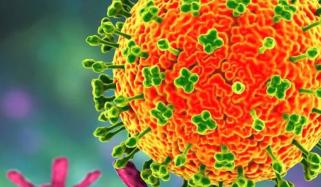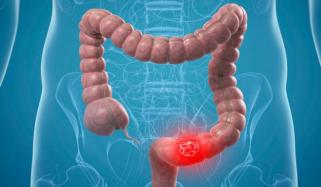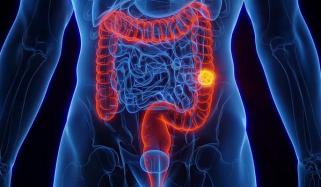
Intermittent fasting has gained immense popularity in recent years. It’s an appropriate eating pattern that cycles between periods of eating and fasting, focusing on your eating schedule instead of what you eat.
Many people use intermittent fasting to lose weight, enhance metabolism, and their lifestyle, and strengthen their gut health.
Intermittent fasting: Pros and cons
Intermittent fasting has been shown to assist with weight loss and enhance some markers of health. But it’s not for everyone. If you are planning to follow an intermittent fasting plan, consider both the pros and cons.
Pros
Multiple studies revealed that intermittent fasting might be beneficial for your health. Scientists have conducted numerous researchers on fasting in animals, and a few people.
These researches show a wide range of potential benefits for improved overall health. The benefits include weight loss, lower cholesterol, reduced inflammation, improved brain health, fewer age-related disorders, and more.
Cons
Intermittent fasting may not be beneficial for everyone. Most research is animal-based or focused on strict diets.
A research associated fasting under eight hours increased cardiac disease risk.
"Intermittent fasting may not benefit everyone. Much of the research is based on animals or focused on strict fasting patterns.
A study linked eating fasting under eight hours to an increased risk of heart disease.
Health officials have urged caution, highlighting benefits such as weight loss exist, but diet quality matters the most.
Notably, intermittent fasting is contraindicated in individuals above the age of 60, teenagers, diabetic patients, having cardiac, kidney, or liver disorders, pregnant women, and more. So, it’s recommended to consult a doctor before starting it.















